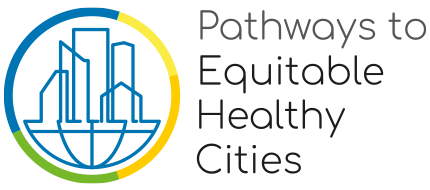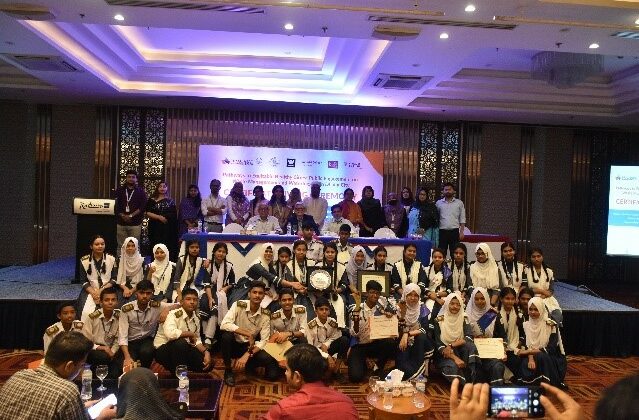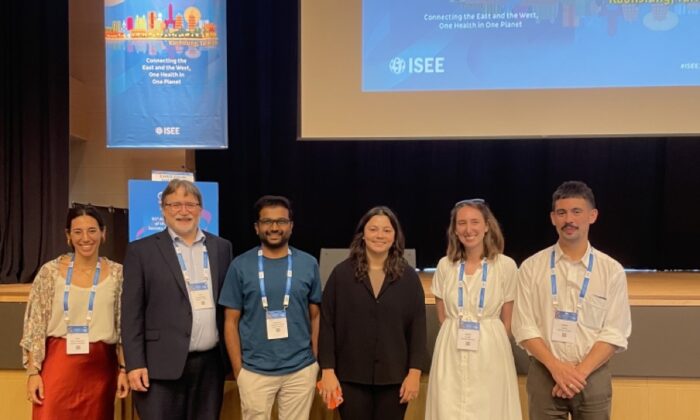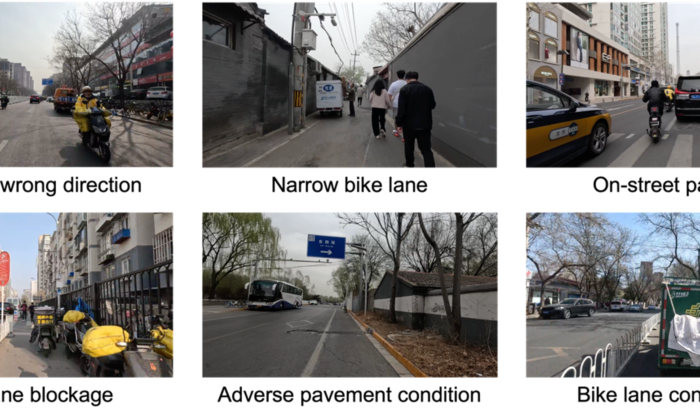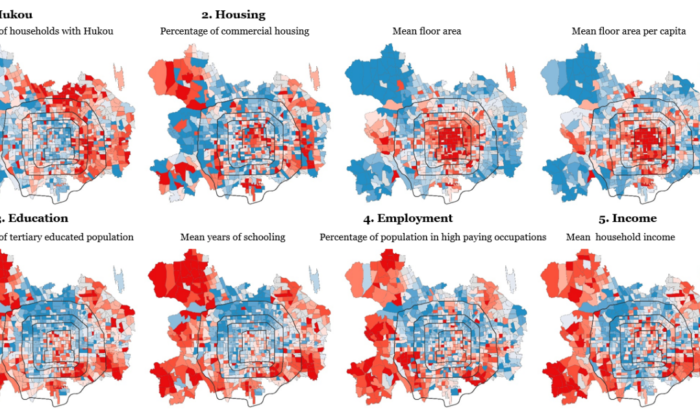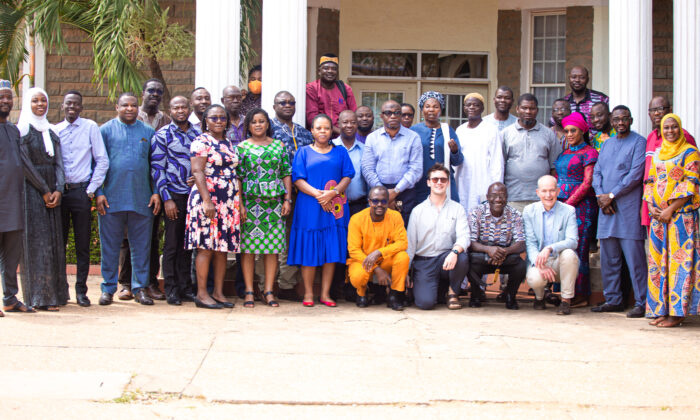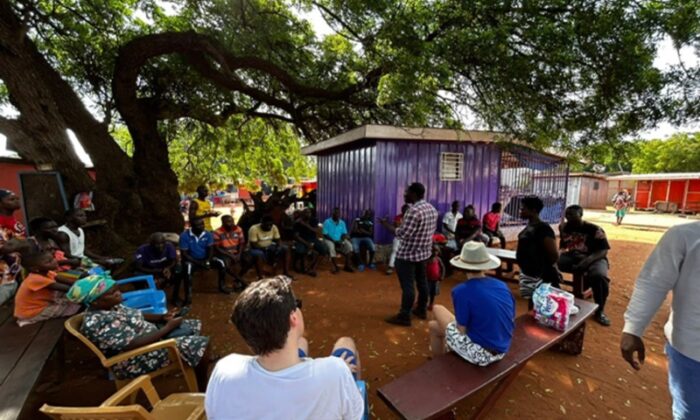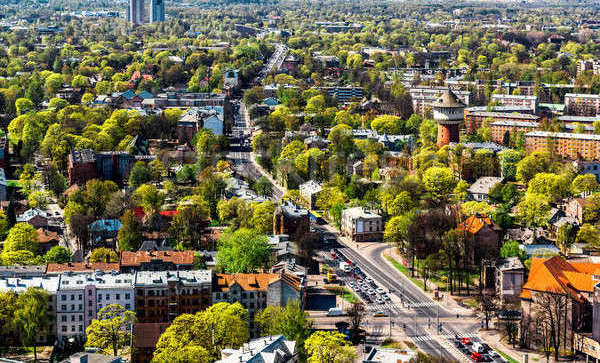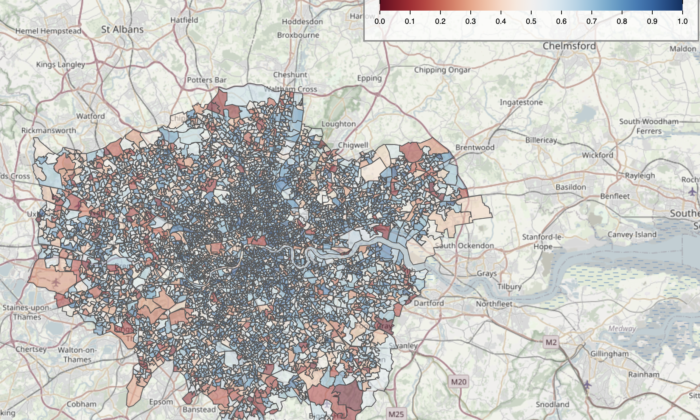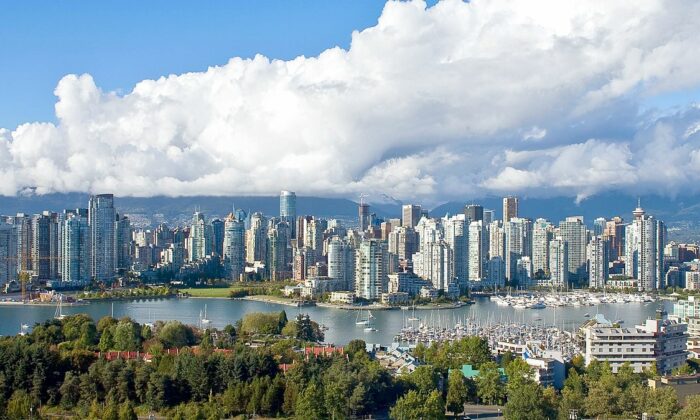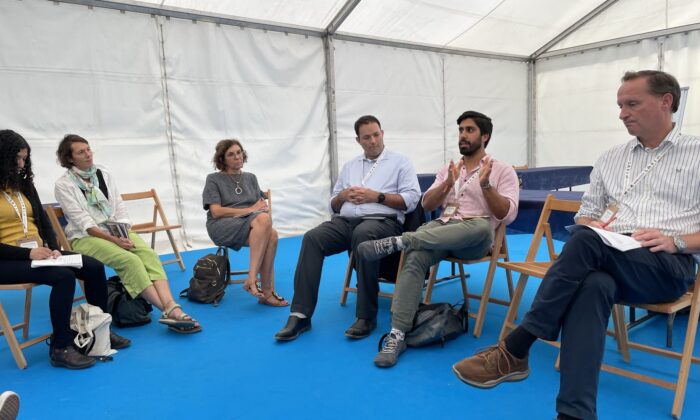Engagement
Celebrating Student Initiatives: Certificate Giving Ceremony for Waste Management Champions
BlogWritten by: Sabrina Mustabin Jaigirdar, Zahidul Quayyum In a notable recognition of the unwavering dedication of young individuals and community-led endeavours aimed at promoting sustainable waste management practices and addressing wate...
East meets West at the International Society for Environmental Epidemiology (ISEE) conference, Taiwan
BlogWritten by Sierra Clark, Vishwanath D, Ricky Nathvani, Aina Roca Barcelo. Each year, the largest international scientific gathering of environmental health researchers takes place at the International Society for Environmental Epidemiolo...
Obtaining traffic infrastructure data of bicycling in Beijing
BlogWritten by Qizheng Wu (Tsinghua University) Why is it essential to examine the quality of bicycling environment in Beijing? According to statistics from the China Bicycle Association, more than 100 million people rely on bicycles as the ...
Understanding Socioeconomic Status (SES) in Beijing’s Neighborhoods
BlogWritten by Dr. Yan Li Beijing, the bustling capital city of China, is home to a diverse population with a wide range of socioeconomic backgrounds. In this blog post, we will delve into the socioeconomic status (SES) of Beijing’s neighb...
Engagement and Co-Production Workshop on Climate Change, Health and Flooding in Tamale
BlogWritten by Cynthia Awuni, in collaboration with Frans Berkhout Ben Howard and Samuel Agyei-Mensah. In November 2022, our researchers aimed to identify important development issues for the Greater Tamale Metropolitan Area (GTMA) in the co...
Drink Smart: Water consumption patterns in the Greater Accra Metropolitan Area
BlogWritten by Jacob Tetteh, PhD Candidate Introduction The intake of potable drinking water is needed for the sustenance of all human life and existence, however, in 2020, 771 million people globally lacked even the basic drinking water ser...
Healthy Neighborhoods: The Vital Role of Infrastructure
BlogWritten by: Yuyang Zhang Urban population exceeded 55% of the world total in 2019 and continues to increase, making the impact of urban environments on human health a growing concern. Neighborhoods are the basic geographical unit of a ci...
Why accessibility matters: a case study of London
BlogWritten by: Abhilash Singh, PhD candidate About us: The Transport and Mobility group studies the influence of urban transportation, land use and services on health in an integrated manner. The emphasis is on how the combinations of locat...
Equitable access to essential services in metro Vancouver
BlogWritten by Avril Li (University of British Columbia) More than four billion people currently live in urban areas globally and that number is projected to increase to about two-thirds of global population by 2050, approximately seven bill...
Old Data New Tricks, New Data New Tricks: Pathways at ICUH 2022
BlogWritten by Alicia Cavanaugh (McGill University) and Ricky Nathvani (Imperial College London) In late October, the International Society for Urban Health hosted the 18th International Conference on Urban Health (ICUH) in Valencia, Spain. ...
